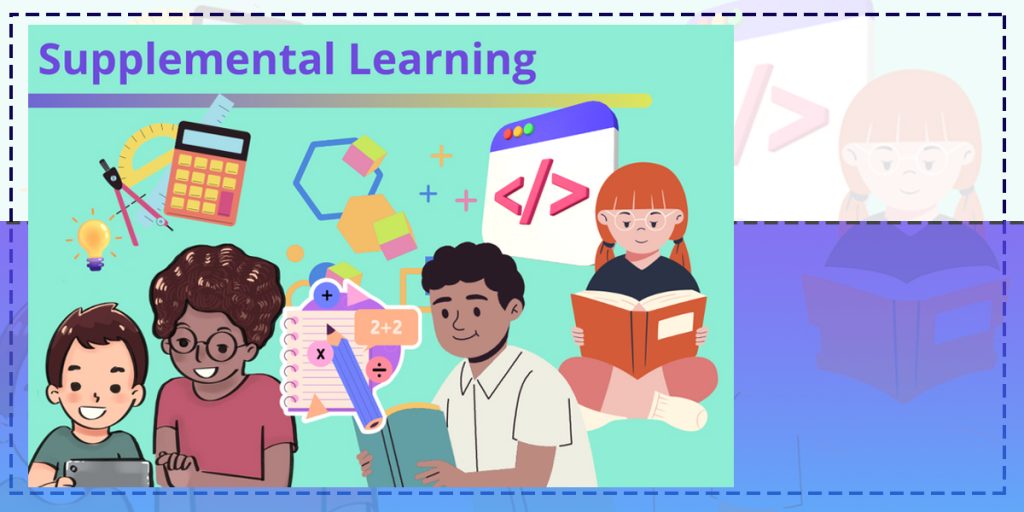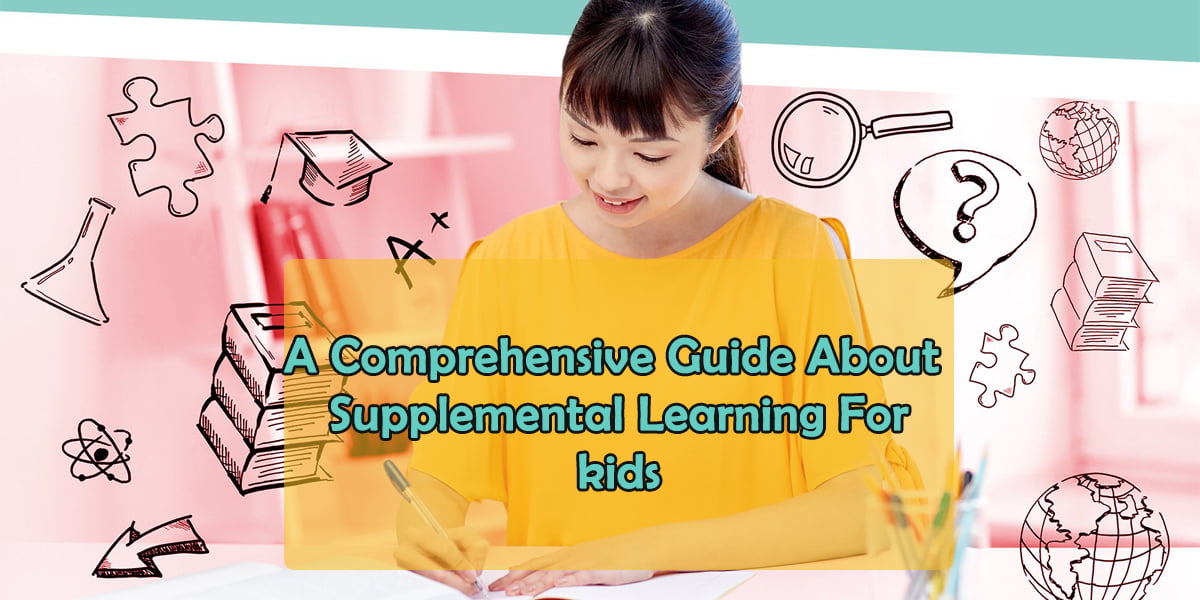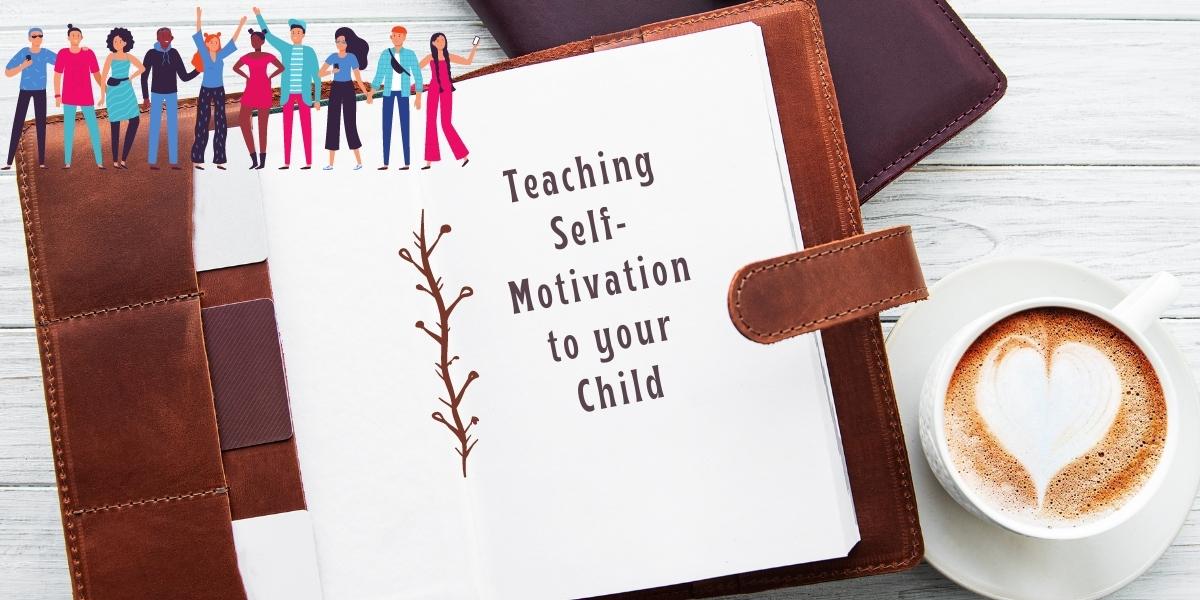This comprehensive guide provides insight into how to empower Children using Supplemental Learning for Kids. It offers strategies to engage and motivate kids to apply their knowledge while sparking new interests and helping them reach their full potential. Whether you are a parent, educator, or mentor of children, this guide can help you understand the impact that supplemental learning can have in a child’s life and what steps you can take to ensure their learning experiences are positive, stimulating, and productive.
With the right guidance and resources, kids can develop the skills they need to succeed in school and beyond. In this article, we discuss supplemental learning for kids and its benefits.
What is supplemental learning, and why do kids need it?
Supplemental learning is an additional education form that can help children better understand complex subjects and enhance their critical thinking skills. It complements the knowledge and information acquired in traditional schooling by providing supplemental activities outside the regular curriculum. Through supplemental learning, children can access customized materials designed to improve their academic performance while engaging them in fun and interactive activities.
This supplemental instruction can help kids understand difficult concepts better, build confidence in their abilities, and become more independent learners. Furthermore, supplemental learning can also allow children to stay ahead of their age group peers by providing them access to more advanced materials and opportunities for further enrichment.
Benefits of Supplemental learning for kids
Improved Academic Performance
Supplemental learning can help improve academic performance in kids. By introducing supplemental methods to the traditional classroom curriculum, kids can better understand topics and approach them from a different perspective. It encourages more critical thinking and helps unlock further knowledge that might have otherwise remained hidden.
This supplemental education provides an opportunity for creative thinking, often enhanced through supplemental learning techniques, such as hands-on activities and problem-solving. In the long run, supplemental learning can lead to better academic results due to enhanced critical thinking abilities.
Increased Confidence
Supplemental learning for kids is a great way to boost their confidence. Through supplemental learning, children can expand their knowledge, sharpen their skills, and better understand specific topics. This increases their confidence in their capabilities and encourages them to take risks in other areas.
Additionally, supplemental learning can help promote positive self-esteem in children and help them feel more comfortable with their thoughts and opinions. By having increased confidence, kids can better express themselves confidently, seek out additional opportunities and apply what they have learned in supplemental learning to other aspects of life.
Improved Personal Development
Supplemental learning for kids can help improve personal development in various ways. It can provide an opportunity for children to explore their interests and skills, as well as introduce them to new ideas and concepts. Through supplemental learning, children can develop creative problem-solving abilities, better communication skills, and improved self-esteem.
Additionally, supplemental learning can allow children to build upon existing knowledge in a fun and engaging way, allowing them to grow their understanding of the world around them. In this way, supplemental learning is invaluable for helping kids develop new skills and preparing them for future success.
Better Time Management
When considering supplemental learning for kids, an important factor to consider is time management. Poor or inadequate time management can lead to stress and frustration, so it’s important to establish good habits in kids early on. Teaching children about setting realistic expectations, scheduling tasks efficiently, and planning for completing assignments can help them develop better time management skills that will benefit them in the long run.
Additionally, setting aside specific times for supplemental learning activities can help make sticking to a schedule easier and less overwhelming. Encouraging children to make lists of tasks and break down projects into smaller parts can also help, as it allows children to focus on one task at a time instead of feeling overwhelmed by large assignments.
Increased Creativity
Supplemental learning can help kids develop their creativity. With supplemental learning, kids are exposed to new concepts and ideas, which can inspire them to think in different ways and develop creative solutions. Furthermore, supplemental learning activities involving hands-on approaches, such as art or music classes, can promote creative thinking by allowing children to explore their interests and use their imaginations. Through supplemental learning, kids can develop creative problem-solving skills and talents.

How can parents help their children with supplemental learning at home?
Parents can help their children with supplemental learning at home by engaging them in fun activities to develop their academic and life skills. Reading stories together, reviewing math problems or puzzles, playing educational games, and visiting the library are all great ways to broaden a child’s knowledge base. Additionally, parents should show interest in their child’s learning by praising their accomplishments and offering encouragement.
Open communication between parents and children can also help with supplemental learning as it helps build a trusting relationship that encourages kids to express themselves and learn more. Overall, supplemental learning is an important part of any child’s education journey that both the child and the parent should embrace.
What supplemental materials are available to help kids learn effectively outside of school?
Supplemental learning materials are extremely beneficial for helping kids learn effectively outside of school. These supplemental materials come in various formats, including online courses, textbooks, worksheets and activities, educational games, and more. Online courses allow learning material at a student’s own pace and can be tailored to specific needs.
Textbooks and supplemental worksheets offer in-depth knowledge of topics and exercises to assess students’ learning. Educational games are fun and engaging ways for kids to learn important skills like problem-solving, critical thinking, and creativity. All these supplemental materials can help kids stay engaged with their education even when not in the classroom.
Wrapping up
Supplemental learning for kids is a terrific way to boost their academic skills and abilities while allowing them to explore their interests. It can be an empowering tool in and out of the classroom that helps children develop essential skills such as creativity, collaboration, organization, and problem-solving. With supplemental learning activities, children can access resources, materials, and experiences tailored to their interests.
Parents and educators can ensure that kids have the best chance at reaching their academic potential by creating a supplemental learning environment that is encouraging, engaging, and enriching for children. Ultimately, supplemental learning activities provide an invaluable opportunity for kids to learn and grow in an engaging environment.




